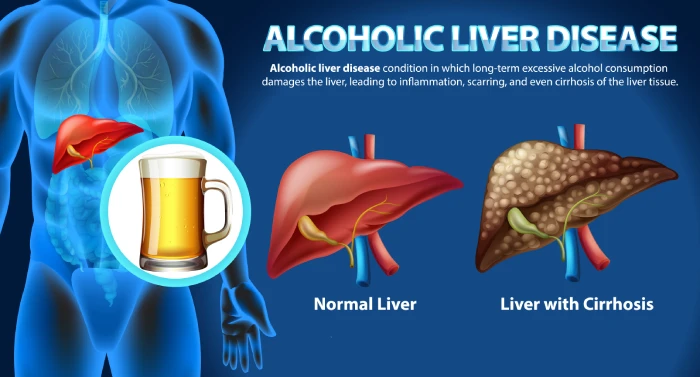Exploring the Potential of Supplements in SARS-CoV-2 Treatment
The COVID-19 pandemic has sparked extensive research into potential treatments, including the use of nutraceuticals and dietary supplements as adjuvant therapies. While not widely adopted in Italy, preliminary evidence suggests that certain supplements with immunomodulatory properties may offer relief from respiratory symptoms associated with SARS-CoV-2 infection. This article examines the current understanding of how various supplements might contribute to COVID-19 management.
During the global health crisis, observational studies have indicated that some nutraceuticals, herbal products, and dietary supplements could play a supportive role when used alongside antiviral medications. The focus has been on compounds known for their ability to modulate the immune system, particularly in light of the virus’s capacity to trigger inflammasome-mediated inflammatory pathways.
Vitamins C and D have garnered attention for their potential to mitigate the immune response in COVID-19 patients. These vitamins are believed to suppress cytokine production, which is often overexpressed in both adult and pediatric cases. Additionally, their antimicrobial properties and ability to modulate T helper cell responses make them promising candidates for supportive care.
Herbal treatments such as Echinacea purpurea and ginseng have shown promise in alleviating respiratory symptoms and reducing inflammatory cytokine levels in the bloodstream. These findings are particularly relevant given the characteristic cytokine storm observed in severe COVID-19 cases.
L-arginine, an amino acid that acts as an endothelial-derived relaxing factor, has demonstrated potential in modulating endothelial damage—a key aspect of COVID-19’s systemic effects. This discovery opens up new avenues for managing the vascular complications associated with the disease.
Essential oils have also been investigated for their potential benefits. Eucalyptol, for instance, may help reduce respiratory symptoms. However, caution is advised with certain compounds like menthol, which could mask the true severity of a patient’s condition.
It’s important to note that while these supplements show promise, they are not standardized treatments for COVID-19. Rather, they represent potential adjunctive therapies that could be used in conjunction with antiviral medications, particularly for mild cases of SARS-CoV-2 infection.
This review aims to provide an overview of the current literature, primarily based on observational and cross-sectional studies, regarding the use of herbal products and dietary supplements in treating mild COVID-19 cases. While the evidence is not yet robust, these findings offer interesting insights into potential supportive care strategies.
Commentary by SuppBase columnist Alice Winters:

As a supplement and health product commentator, I find the exploration of nutraceuticals and dietary supplements in the context of COVID-19 treatment both intriguing and cautiously optimistic. The research into these potential adjuvant therapies represents a holistic approach to managing a complex and multifaceted disease.
The focus on immunomodulatory compounds is particularly noteworthy. The ability of certain supplements to potentially mitigate the overactive immune response seen in COVID-19 patients could be a game-changer in managing symptoms and reducing disease severity. However, it’s crucial to approach these findings with a critical eye.
One strength of this research is its alignment with our understanding of COVID-19 pathophysiology. The exploration of supplements that target specific aspects of the disease—such as cytokine storms, endothelial damage, and respiratory symptoms—demonstrates a thoughtful, targeted approach to supportive care.
However, several limitations must be acknowledged. The reliance on observational and cross-sectional studies, while valuable for generating hypotheses, falls short of providing the robust evidence required for clinical recommendations. Randomized controlled trials are necessary to establish efficacy and safety definitively.
Moreover, the potential for supplement-drug interactions and individual variability in response to these compounds cannot be overlooked. What works for one patient may not work for another, and in some cases, could even be contraindicated.
The mention of essential oils raises interesting possibilities but also concerns. While some compounds like eucalyptol show promise, the caution against menthol use highlights the importance of expert guidance in selecting and using these products.
From a market perspective, this research could significantly impact the supplement industry. Consumers may increasingly seek out products with potential immune-boosting or symptom-relieving properties. However, this trend also carries the risk of misinformation and unsubstantiated claims, underscoring the need for rigorous scientific validation and responsible marketing.
In conclusion, while the potential of nutraceuticals and dietary supplements in COVID-19 management is exciting, it’s crucial to maintain a balanced perspective. These findings should serve as a springboard for more rigorous research rather than a definitive treatment guide. As we navigate this evolving landscape, the emphasis must remain on evidence-based approaches, with supplements serving as potential adjuncts to, not replacements for, standard medical care.



